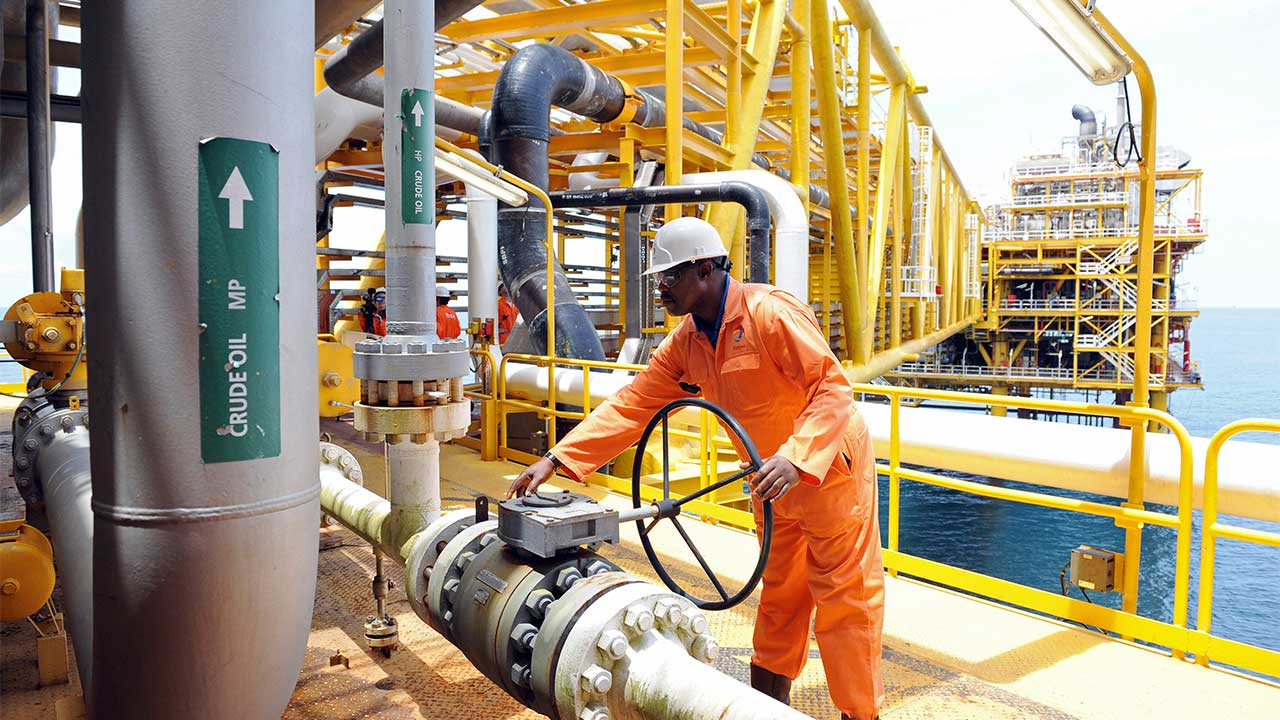The Nigerian Upstream Petroleum Regulatory Commission (NUPRC) says Nigeria crude production could reach 2.5 million barrels per day (bpd) by 2026. This is achievable through the reactivation of dormant and shut-in oil wells and improved operational efficiency.
Project One Million Barrels Boosts Nigeria Crude Production
Speaking at the 2025 Energy Correspondents Association of Nigeria (ECAN) Conference, NUPRC CEO Gbenga Komolafe highlighted the “Project One Million Barrels” initiative launched in 2024. As a result, daily crude output now averages 1.7–1.83 million bpd. Additionally, fast-tracked regulatory approvals and operational enhancements are driving production growth.
Reducing Theft and Securing Local Refineries
Komolafe explained that 37 new evacuation routes, combined with collaboration with national security agencies, have curbed crude theft. Moreover, the Domestic Crude Supply Obligation ensures steady feedstock to Nigerian refineries. Consequently, domestic supply chains are strengthened and economic resilience is improved.
Gas Transition and Emissions Reduction Strategy
Nigeria is targeting a 60% cut in methane emissions by 2031. Programs like the Decade of Gas, Nigerian Gas Flare Commercialisation Programme (NGFCP), and the Presidential CNG Initiative support this goal. These initiatives also unlock the commercial potential of over 600 trillion cubic feet of gas resources.
Infrastructure and Licensing Achievements
The NUPRC and NMDPRA have invested heavily in midstream and downstream projects. For instance, NLNG Train 7, AKK and OB3 gas pipelines, Greenville LNG facilities, and the Indorama fertiliser plant are advancing rapidly. Additionally, domestic refinery output has increased from 1.3 billion litres of PMS in 2024 to 3.8 billion litres in 2025. Ten gas distribution licenses now cover 692 km of pipelines, connecting 412 customers.
Conclusion
Overall, increased crude production, stronger anti-theft measures, expanded gas infrastructure, and energy transition programs are positioning Nigeria as a resilient hub in Africa’s oil and gas industry. If sustained, these efforts will ensure long-term growth while supporting climate responsibility.



